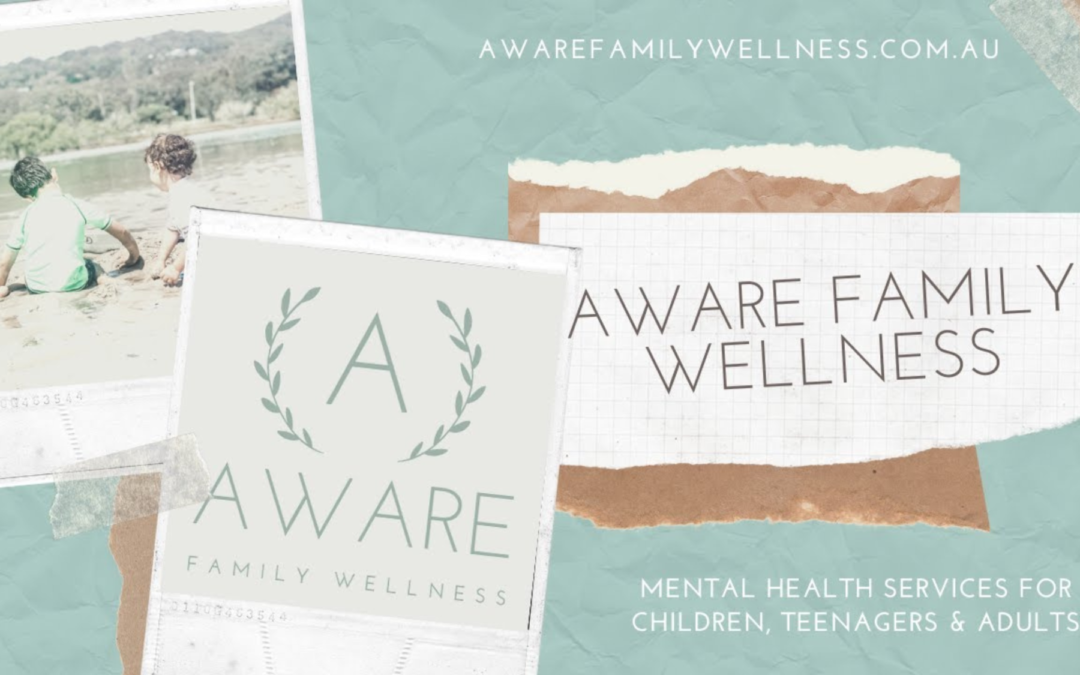July 25th is National Schizophrenia Awareness Day in the UK, aiming at shining light on “what it means to live with this much misunderstood and often stigmatized mental health condition”, fighting prejudice surrounding it, as well as seeking to raise awareness of and support for its treatment [1].
What is schizophrenia?
Individuals with schizophrenia experience disruptions in their thought processes and perceptions, as well as in social interactions and emotional responsiveness. The mental illness, usually including psychotic symptoms such as delusions and hallucinations, can be highly disabling to people suffering from it [2].
Economic costs of schizophrenia
Worldwide, around 24 million people are currently diagnosed with schizophrenia [3] – in the UK it is over 685.000 people (approximately 1% of the population) [4].
Schizophrenia has a large economic cost. It accounts for approximately “30% of all spending on adult mental health in the NHS” [5], estimated at 11.8 million GBP in England alone in 2012 [6]. Generally, it costs around 6 times as much to treat an individual with schizophrenia over its lifetime than it costs to treat a heart disease patient [5].
Stigmatization of schizophrenia
Schizophrenia affects all genders and individuals from all social backgrounds, and onsets most often in the late teenage years or in the early twenties [5]. The mental illness severely impacts affected peoples’ quality of life. In the UK, only around 13% of individuals suffering from schizophrenia are working [5], and it has been found that affected people are “2 to 3 times more likely to die early than the general population” [3]. Schizophrenia is also a significant burden that impacts productivity of family caregivers, who on average spend 22 hours a week for 15 years of their life taking care of their relative with schizophrenia.
Additionally, stigma against people suffering from the condition is still “intense and widespread” today [3]. Individuals with schizophrenia oftentimes experience social exclusion, and/or discrimination due to the disease, and some even experience limited “access to general health care, education, housing, and employment” [3]. According to the World Health Organization (2022), these issues often only exacerbate the suffering peoples’ symptoms [3].
What needs to change?
Schizophrenia is not as rare as one might think, and prejudices surrounding the illness unfortunately only further increase the burden of the disease on people suffering from it. It is therefore important to raise awareness about schizophrenia, destigmatize the mental illness, and help to ensure that individuals with schizophrenia are not facing discrimination. Given the high economic costs of schizophrenia, it is also important to continuously work on improving the treatment support provided. This includes seeking for new ways to help individuals suffering from the mental health condition.
How digital solutions for mental health can help
The use of digital platforms for remote patient monitoring and health assessment, as well as real-time patient analytics, could enable personalised treatment and improved quality of care [7]. Digital solutions for mental health could therefore offer the potential to empower and engage individuals with schizophrenia to better manage their mental health, facilitating treatment for clinical professionals and empowering family caregivers to help drive down economic costs and increase productivity.
At Monsenso, we have worked with schizophrenia in both research and clinical settings. Our digital mental health solution has helped many individuals with schizophrenia to better understand their conditions and live a more independent life, as well as helped clinicians to better support their patients. We are proud to support the National Schizophrenia Awareness Day in the UK and will continue to spread knowledge about the mental health condition and offer our support to individuals affected and clinicians providing treatment for the mental illness.
——————————————————————————————————-
About Monsenso
Monsenso is an innovative technology company offering a digital health solution used for decentralised trials, remote patient monitoring and treatment support. Our mission is to contribute to improved health for more people at lower costs by supporting treatment digitally and leveraging patient-reported outcomes data. Our solution helps optimise the treatment and gives a detailed overview of an individual’s health through the collection of outcome, adherence, and behavioural data. It connects individuals, carers, and health care providers to enable personalised treatment, remote care, and early intervention. We collaborate with health and social care, pharmaceuticals, and leading researcher worldwide in our endeavours to deliver solutions that fit into the life of patients and health care professionals. To learn more visit www.monsenso.com.
References:
[1] Awareness Days (n.d.). National Schizophrenia Awareness Day 2022.
https://www.awarenessdays.com/awareness-days-calendar/national-schizophrenia-awareness-day-2022/#:~:text=National%20Schizophrenia%20Awareness%20Day%2C%20marked,with%20a%20diagnosis%20of%20schizophrenia.
[2] National Institute of Mental Health (n.d.). Schizophrenia.
https://www.nimh.nih.gov/health/statistics/schizophrenia#:~:text=Schizophrenia-,Definition,be%20both%20severe%20and%20disabling.
[3] World Health Organization (2022). Schizophrenia.
https://www.who.int/news-room/fact-sheets/detail/schizophrenia#:~:text=Schizophrenia%20affects%20approximately%2024%20million,%25
[4] Royal College of Psychiatrists (2015). Schizophrenia.
https://www.rcpsych.ac.uk/mental-health/problems-disorders/schizophrenia
[5] Living With Schizophrenia (2017). Facts and Figures.
https://livingwithschizophreniauk.org/facts-and-figures/
[6] Ride, J., Kasteridis, P., Gutacker, N., Aragon Aragon, MJ., Jacobs, R. (2020). Healthcare Costs for People with Serious Mental Illness in England: An Analysis of Costs Across Primary Care, Hospital Care, and Specialist Mental Healthcare. Appl Health Econ Health Policy 18(2):177-188.
doi: 10.1007/s40258-019-00530-2.
[7] Elsevier Health (2022). Clinician of the Future Report 2022.
https://www.elsevier.com/connect/clinician-of-the-future






